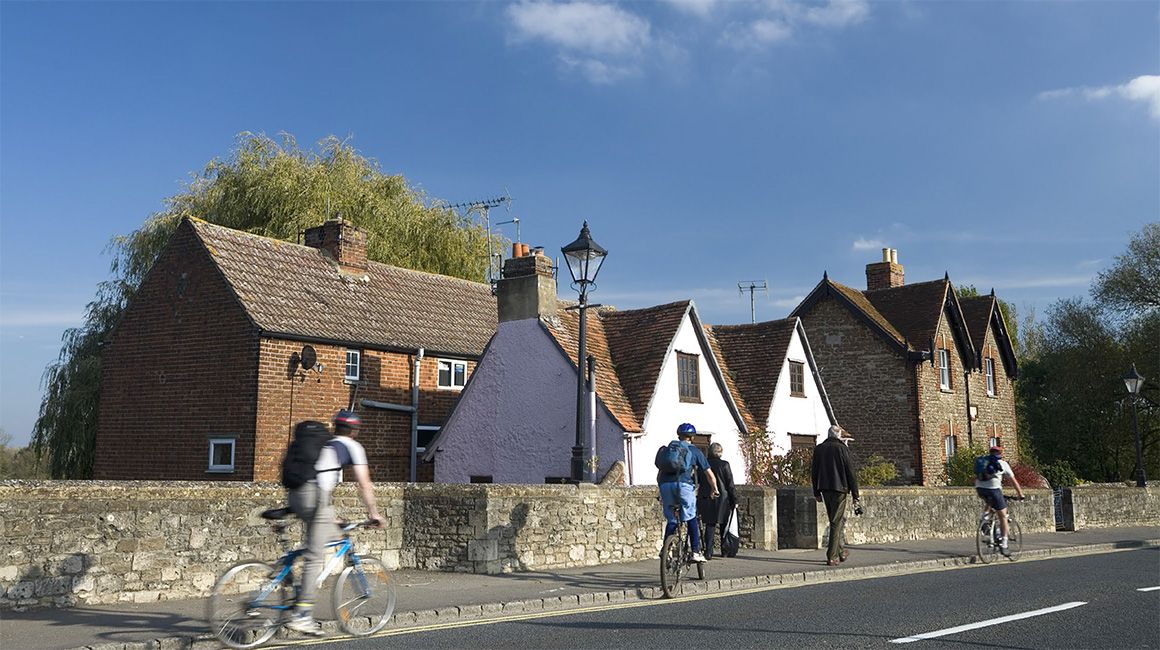A behaviour change challenge is a competition which runs within a town, city or region that encourages participants to choose a more sustainable mode, such as cycling, for their journey to work. More and more behaviour change challenges are taking place all around the UK. The task in hand now is ensuring that they have a lasting impact.
Encouraging change
Local Authorities are showing an increasing interest in multimodal change challenges, where cycling, walking, taking the bus or train and car sharing are promoted. Their focus has tended to be on workplaces where participants join their colleagues to form teams, log their journeys through the challenge website, and rack up points (and hopefully prizes!) based on the extent of their sustainable efforts. We have found that the competitive element of schemes like this is very successful when pitched at workplace environments – perhaps because an element of competitiveness tends already to exist between colleagues.
These challenges can be a great catalyst for changing travel behaviour. Challenges tip those who knew that they could choose to travel in a more sustainable way into actually trying it out – there are the obvious health and financial benefits of getting out of the car, but there is also the feelgood factor of ‘doing it for the team’, as well as the more tangible rewards (points) and the promise of prizes.
Short term challenge – long term impact?
But, what happens to participants’ enthusiasm after the intervention, when all the competitive momentum of the challenge period has dissipated? Of course we want everyone who has made a positive change to their travel behaviour to stick with it, and for the new behaviour to become a routine habit. However, forming a new, positive habit takes time and effort. When it rains, when it’s dark when leaving work, or when you move to an unfamiliar area, the ‘easy option’ looks appealing all over again and good work can be undone.
The solution lies in a package of measures. We need to think about how to recreate the best parts of the challenge on a day-to-day basis, without the associated expense of promoting and managing an intensive challenge.
Participants in Bristol, Peterborough, Redditch and Swindon have all told us that they love the camaraderie of taking part, so we could help people stay in touch, so that they can build their own social networks to support those keen to continue travelling by a sustainable mode. A year-round reward system for those travelling sustainably could also work to recreate the tangible rewards from the challenge – a similar scheme is used by supermarkets who ‘buy’ the loyalty of
their customers for relatively little cost in the form of points cards. If we can identify how to protect the system from abuse (not everyone cycles 100 kilometres a day, surely?), we’d be giving participants very clear, real incentives to resist the allure of the car on rainy, windy or dark days.
There are many reasons why it is difficult to maintain a change and develop a positive habit; we just need to respond with measures that make it that little bit easier.
To find out more about how we are challenging conventional thinking to deliver a new approach to sustainable travel challenges please get in touch.

